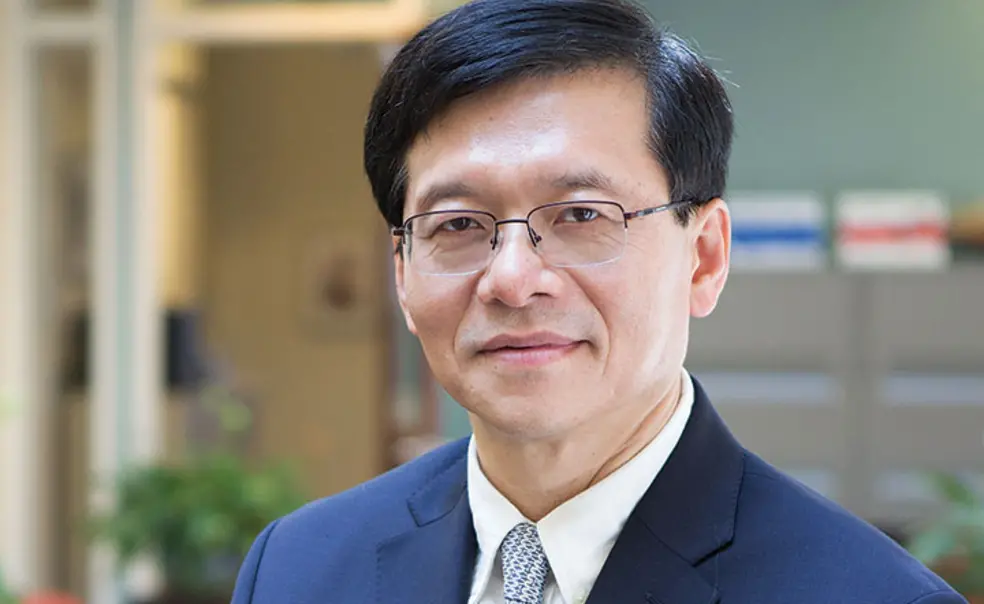Yu Xie, the Bert G. Kerstetter ’66 University Professor of Sociology and the Princeton Institute for International and Regional Studies, joined the faculty last year as the inaugural director of a new undertaking, the Center on Contemporary China. The center brings together faculty from across the social sciences and humanities. Xie, who was born in China, taught sociology for 26 years at the University of Michigan. He spoke with PAW about the center, China’s rapidly changing society, and misconceptions the United States and China have about each other.
You teach a course in contemporary China. What do you cover?
In the first half of the course, we cover modern Chinese history from the formation of the People’s Republic in 1949 through the introduction of economic reforms in the 1980s. In the second half, we look at specific topics such as family, gender, education, poverty, economic inequality, and migration.
What are some of our biggest misconceptions about China?
There are a lot of them. First of all, China is not a single entity; it is quite diverse. Some regions are rich, some regions are poor. The complexity of China is often neglected in Western media and even Western scholarship. Second, China is dynamic; it changes very fast. If we don’t use quantitative methods, it’s hard to measure those changes.
We still don’t understand a lot of things in China — social and economic inequality, for example. The same is true of family dynamics. China has had a long tradition of universal early marriage. That’s not going to continue, and we should be paying attention to how it changes. China also has a more highly educated labor force than many Americans understand. We sometimes underestimate how China is becoming increasingly competitive in high tech and more developed service industries, rather than just relying on cheap labor in manufacturing.
What do Chinese misunderstand about the United States?
They sometimes think that America is of a single mind. They don’t understand that democracy means that there is no political conspiracy behind things and that a lot of political decisions remain uncertain because there is no one group making those decisions. ... China right now is still relatively insular in terms of understanding political and religious systems beyond its borders.
What does your center do?
The center is an interdisciplinary center that supports research and teaching on contemporary China. We take a different approach from other China centers in the country — we take a social-sciences approach emphasizing the use of empirical data. We need to keep track of what is going on there and how things change.
Conducted and condensed by M.F.B.












No responses yet